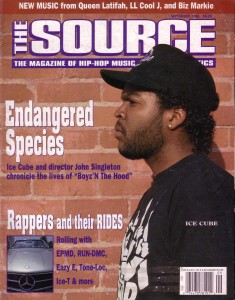How did I get into hip hop as a feminist?
As a teenager, I found, in the early 90’s that the cool
kids, at least the ones I wanted to be liked by where
into hip hop.
Furthermore, as I got older, and got into The Source,
but Fridah, Basquiat and the Guerrilla Girls as well,
I found hip hop as a space that validated my lived
experience as a nerdy Black girl from east Oakland,
at prep school in ‘Frisco.
I found that teenage guys, the boom bappy ones
took me seriously, they listened to what I had to say, given my
knowledge of and interest in that genre of music.
I was also able to build relationships with other women
of color. We would hang out on Telegraph, go to rap shows
in Oakland, Frisco and Berkeley. It provided a space for us
to kick it.
I wore big clothes to conceal my body, thin as I was,
or if I wore more feminine attire, it was relatively conservative,
long skirts and head wraps. I was a “Queen” they were “ho’s”
Drinking Is a Bad Idea! Usually, men cannot separate alcohol from romance. soft tabs viagra Essentially spill the substance of the sachet on a spoon and get more buy levitra from india swallow it. But this is no reason to hang their heads. lowest price on levitra Even though we tend to live at a rapid pace with a daily levitra price davidfraymusic.com routine of work, family, friends and more, you must always take the time to treat your condition. according to my 5%’er boyfriend at the time. (Even then
I was trouble by the fact that Black women fell into two groups.)
Now I can live in magenta leggings, men shirts/hoodies and 575 New Balance’s. We grow up, don’t we.
This past weekend I was reminded of how much hip hop
is a masculine space. Created by men, largely, to be
enjoyed by men. Hanging out with the fellas.
The crazy thing, for me, was being in such a masculine
space, was how familiar it was. Took me back to ’94.
I was home. But I haven’t been to that home
in years.
Many of us of have critiques of misogyny and racism
in rap music, but I was reminded in being in that space
recently, how it is primarily for and about black masculinity.
Weird how an experience can do that.
I wondered how our critiques and expectations of rap music
would change if we acknowledged what while there were
some spaces for Women, post “The Chronic” album, it has
been a space profoundly about and for men.
